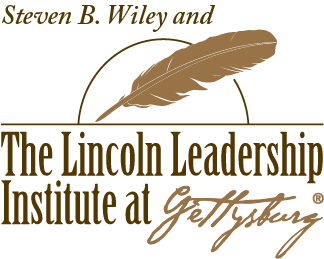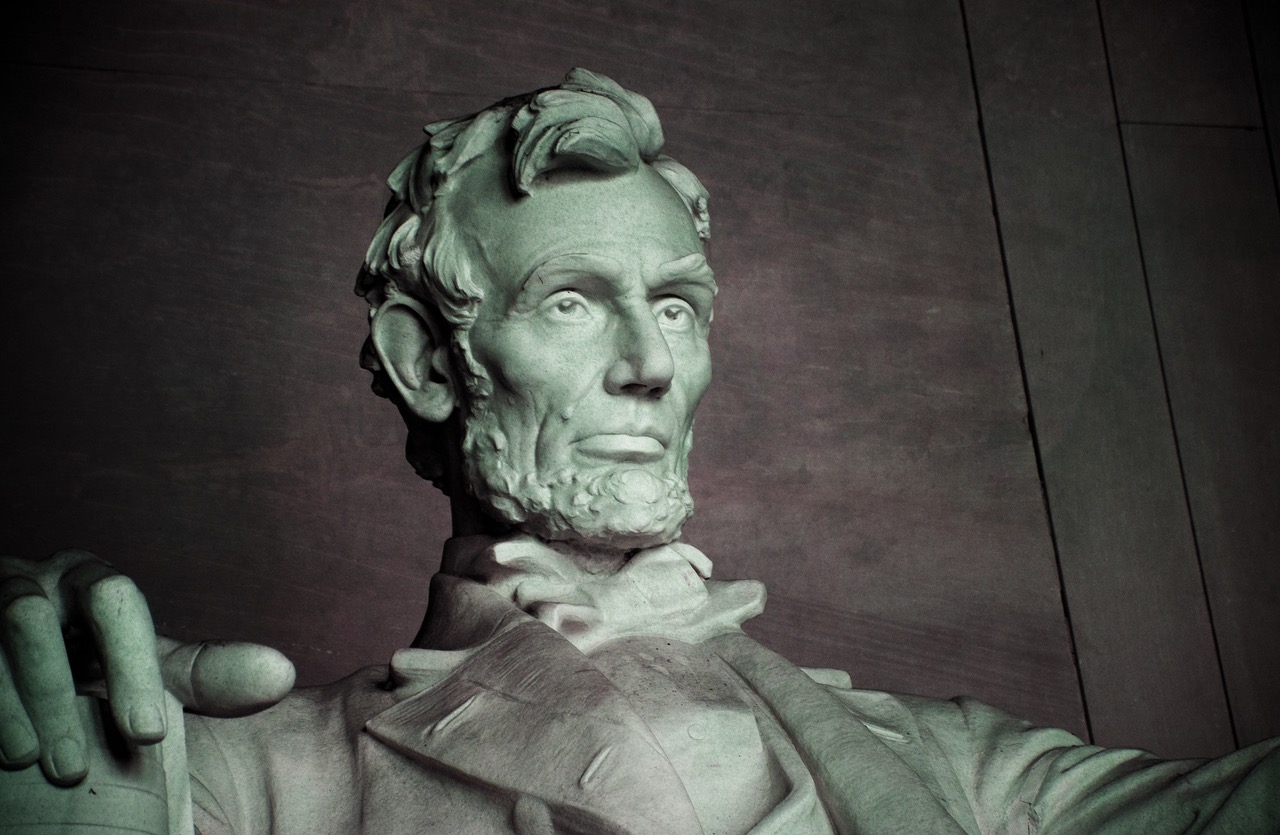Every few years a new leadership or performance theory emerges that gets everyone talking. Angela Duckworth’s work on “grit” is just such a theory. Duckworth boils her theory down into one very simple statement: “When you consider individuals in identical circumstances, what each achieves depends on just two things, talent and effort” (42). She continues, “Our talent is one thing. What we do with it is quite another” (10). The problem is that “enthusiasm is common. Endurance is rare” (58). She identifies four things that “gritty” people have in common:
1. Interest. “Nobody works doggedly on something they don’t find intrinsically interesting” (106).
2. Practice. To improve skills, deliberate practice is needed (126).
3. Purpose. “What ripens passion is the conviction that your work matters” (91).
4. Hope. “Grit… rests on the expectation that our own efforts can improve the future” (169).
By this criteria, Abraham Lincoln qualifies as one “gritty” American. In both his professional life as a lawyer and his public life as an elected official, we Lincoln exhibit all four of these traits.
Duckworth suggests people typically don’t become interested in something in one blinding flash but grow passionate over time. Professionally Lincoln came to the law at the age of 28 after a variety of other jobs, but it is clear that in the legal profession he found his calling. He would go on to try over 5,000 cases and planned to return to practicing law after leaving the presidency. Publicly, it is not clear Lincoln thought much about the institution of slavery before 1837, but from that point on many of Lincoln’s public statements touched one way or another on the peculiar institution.
If ever there was one who engaged in deliberate practice, it was Abraham Lincoln. As a circuit lawyer, he was one of the most active and experienced in all Illinois, staying out on the circuit plying his trade much longer than most of his colleagues. As a public figure, Lincoln practiced the skills of speaking and campaigning for nearly 25 years, culminating in his election to the highest office in the land. That he rewrote the Gettysburg Address repeatedly, producing five copies that varied only in terms of semantics, is evidence of this desire to practice and get better.
As a lawyer, Lincoln felt his work had purpose as he was helping common people navigate the law. As a public figure, Lincoln saw his purpose as improving the country. In his early days as a Whig that meant through internal improvements such as roads, canals, and railroads. As a maturing politician, Lincoln came to see his greatest purpose as helping to limit and ultimately destroy the institution of slavery.
Duckworth says, “If we get up, grit prevails” (91). In no area was Lincoln stronger than in hope. The much-publicized list of his many failures versus his few successes illustrates that point. Duckworth quotes from her grad school advisor, Martin Seligman, who suggested that “optimists habitually search for temporary and specific causes of their suffering, whereas pessimists assume permanent and pervasive causes are to blame” (174). In all his setbacks Lincoln saw the causes as situational, not personal, and thus was able to persevere.
If you’d like to explore Abraham Lincoln’s “grit” in greater detail, let us know! We have several case studies that might be right up your alley.




Recent Comments